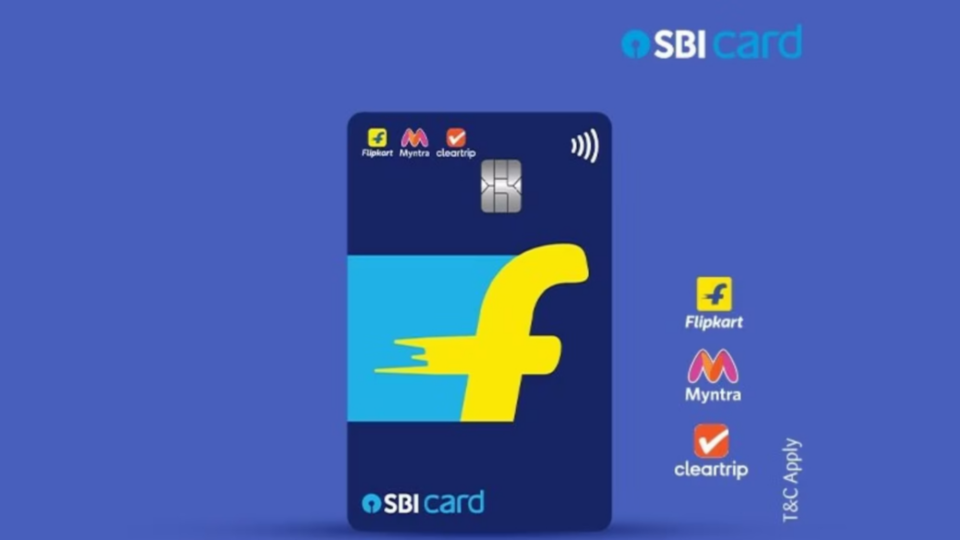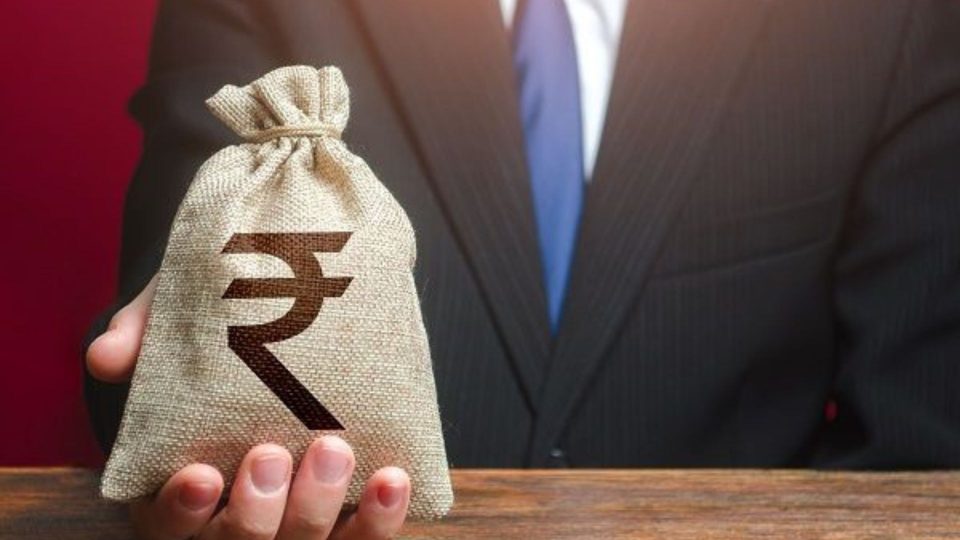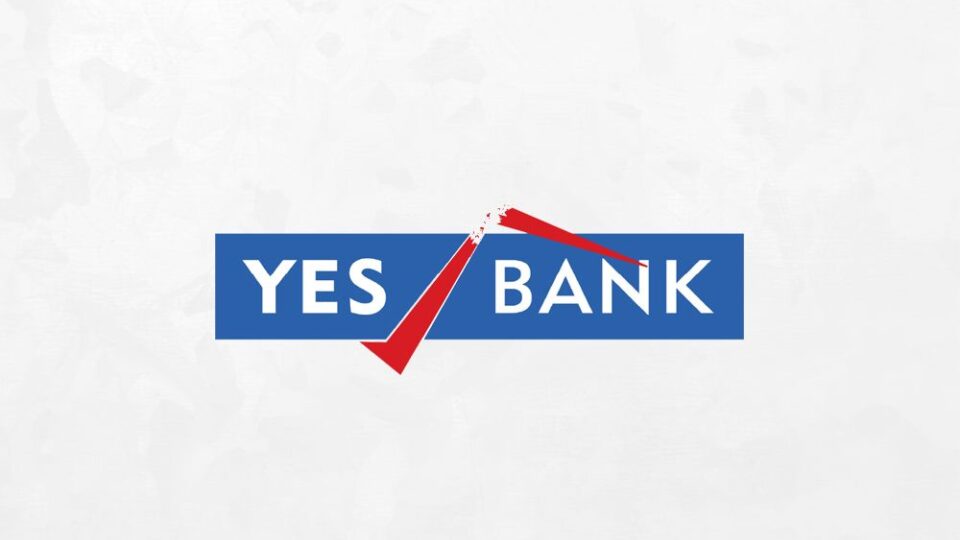
When Should You Pay Your Credit Card Bill
Maintaining a decent credit score and avoiding penalties require timely payment of your credit card bills. Your credit card bill’s due date is a crucial deadline. To prevent late penalties and save your credit score, you must pay at least the minimum amount owed by this date.
You can maximise the benefits of your credit card, prevent additional fees, and manage your money more effectively by being aware of this date and schedule when to make the payment.
While some people always pay their credit card payments on time or ahead of schedule, others need to be made aware of when they should be paid. Let’s clear up this misunderstanding by learning the following words and credit card payment best practices:
Your Credit Card Bill
This credit card issuer’s statement details every purchase you made with your card within a certain billing cycle. Purchases, cash advances, fees, and interest charges (if applicable) are all included.
Due Date
This is the cutoff date for paying your credit card bill in full to avoid penalties and late fees. Generally speaking, it takes 20 to 25 days from the statement date, however, this might change according to the card issuer.
Right Time to Make Payment
Generally speaking, it’s best to pay your credit card statement well in advance of the due date. To guarantee that the payment posts to your account on schedule, try to make it a few days ahead of time. You now have a buffer in case there are any processing hiccups.
Paying After Due Date
There may be late payment penalties if you miss the deadline; they might differ between credit card companies. In addition, if credit bureaus get reports of your late payments, your credit score can suffer.
Making Payments Before the Due Date
It’s a good idea to pay off your credit card debt before it’s due since this guarantees prompt payment and preserves your credit history. Paying too early, such as right away after a transaction, won’t lower your credit score, but it also could not help you establish a credit history.
On-time payments demonstrate responsible credit behaviour and have a good impact on your credit score. Future loan approvals, favourable interest rates, and financial prospects all depend on having a high credit score. By paying your bills on time, you may save interest from building up on unpaid accounts. Over time, this saves you money because interest may mount up rapidly.
The usual credit card billing cycle lasts between thirty and forty-five days, and the due date is adjusted appropriately. To keep your credit score high and prevent late fees.
- Keep An Eye On Your Spending: To find out how much you owe, keep a note of your credit card transactions.
- Set Payment Reminders: To be reminded of impending deadlines, use apps or reminders.
- Pay Online: To make prompt and easy payments, use the mobile app or online banking interface offered by your bank.
- Automate Payments: To prevent unintentionally skipping payments, set up automated payments for at least the minimum amount owed.
You may prevent needless fees and keep your credit score high by making on-time credit card payments and practising responsible credit management.
Also Read: Explore The Guide About Credit Card Loans, Eligibility, and Required Documents



